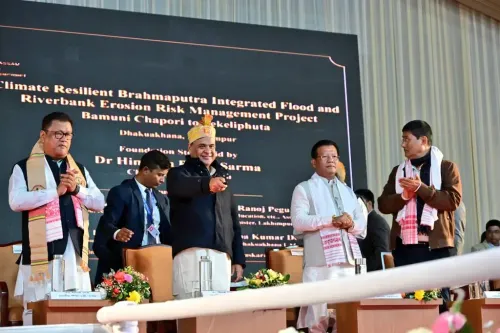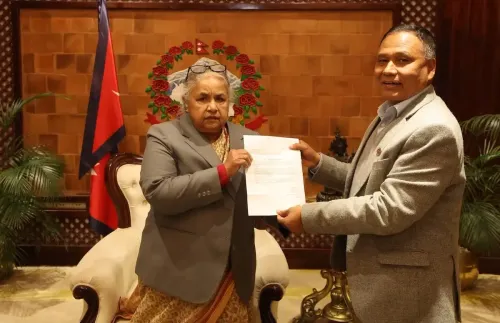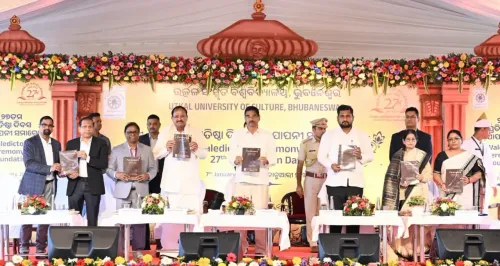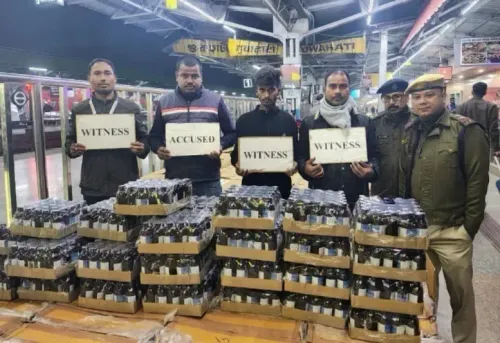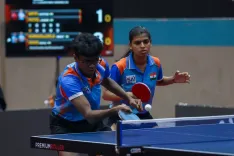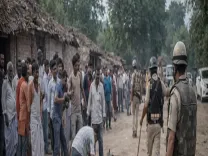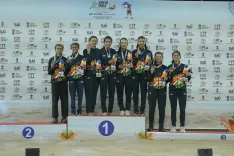Should the Centre Allow Travel to Yemen for Nimisha Priya's Negotiation?
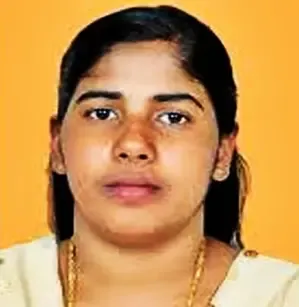
Synopsis
Key Takeaways
- Supreme Court's directive to the Centre emphasizes the urgency of the situation.
- Legal representation is crucial for negotiating a pardon.
- Travel to Yemen is heavily restricted, complicating efforts.
- Emotional support from family and advocates plays a vital role.
- International diplomatic relations are essential for resolution.
New Delhi, July 18 (NationPress) The Supreme Court has instructed the Centre to decide on a request for permission to travel to Yemen, aiming to negotiate the suspension of the execution of Nimisha Priya, a nurse from Kerala.
A panel comprising Justices Vikram Nath and Sandeep Mehta reviewed a petition submitted by the 'Save Nimisha Priya Action Council', requesting the Union Ministry of External Affairs to engage diplomatic channels to rescue the Indian national from execution.
Senior advocate R. Basant, representing the petitioner organization, indicated that while Nimisha Priya’s execution, initially set for July 16, has been temporarily postponed, they require the Centre’s authorization to journey to Yemen and seek a pardon from the victim’s family, Talal Abdo Mahdi, whom she allegedly killed in 2017.
“Yemen is a nation with restricted access; travel is prohibited unless the government permits it. We request that 2-3 members of the petitioner group and a representative from the Kerala Islamic clerics be allowed to travel to Yemen,” argued Basant.
The Justice Nath-led panel chose not to issue any judicial orders to the Centre, instead directing the petitioners to formally approach the Union government for travel authorization to Yemen.
Basant also urged the Union government to send a representative for discussions with the victim’s family regarding the payment of blood money (diya), traditionally essential in Islamic law for death penalty cases. However, Attorney General of India R. Venkataramani, the top legal officer of the Centre, stated that he could not guarantee such support.
“We aim to prevent any counterproductive outcomes. Our goal is to ensure this woman’s safe return,” the Attorney General emphasized.
The case will be re-examined on August 14.
Meanwhile, Abdelfattah Mehdi, brother of the deceased, has firmly stated that no pardon will be granted for the crime, insisting that Nimisha Priya must face execution.
The Union Ministry of External Affairs (MEA) declared that India is providing all necessary assistance in this case and has been in communication with several friendly nations to extend support.
"This is a highly sensitive issue, and the Government of India is committed to providing all necessary assistance. We have arranged legal support and appointed a lawyer to aid the family. We are also facilitating regular consular visits for the family and are in contact with both local authorities and family members to find a resolution," stated MEA spokesperson Randhir Jaiswal during a media briefing in New Delhi.
Nimisha Priya's mother, Prema Kumari (57), has been tirelessly advocating for the abolition of the death penalty. She has traveled to Sanaa to negotiate the payment of blood money to the victim's family, supported by the Save Nimisha Priya International Action Council, a group of NRI social workers based in Yemen.


